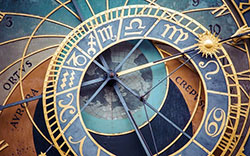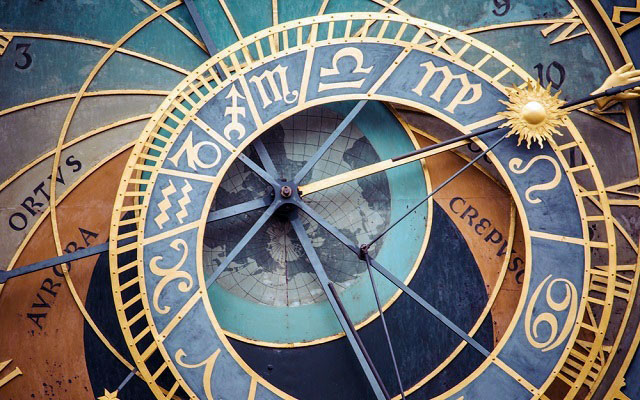 In the 26th episode of the show I talk with astrologer Mark Jones about the differences between modern and traditional views on difficult chart placements, and we discuss the validity of using distinctions such as “benefic” and “malefic” in astrology.
In the 26th episode of the show I talk with astrologer Mark Jones about the differences between modern and traditional views on difficult chart placements, and we discuss the validity of using distinctions such as “benefic” and “malefic” in astrology.
Mark’s background is in counseling and psychology, and he specializes in evolutionary astrology. His 2011 book is titled Healing the Soul: Pluto, Uranus and the Lunar Nodes, and his second book titled The Soul Speaks: The Therapeutic Potential of Astrology will be released in May.
You can find out more information about Mark’s work at PlutoSchool.com.
Mark and I will both be giving workshops at the Northwest Astrological Conference in May.
Outline of the Show
Here are some of the topics that we touched on during the course of the episode:
- The setup for the discussion is our first conversation at the Northwest Astrology Conference (NORWAC) in 2013.
- Mark’s question: Aren’t you doing harm to your clients by using distinctions like benefic and malefic, which make things look too black and white?
- Chris’ response: Not acknowledging those distinctions does a disservice to the client by not validating the subjective experience of their life.
- Broader question: are distinctions like benefic and malefic appropriate?
- Is it too black and white, or too extreme?
- Can such a distinction be appropriate with astrologers but not with clients?
- Is there a difference between how to talk to each other versus clients?
- Is it limiting to make it so that discussions about what is appropriate in astrology should always be done within the context of what is appropriate in a consultation?
- Are consultations with clients the be all and end all of astrology?
- Subjective experience of events versus objective or universal sense of purpose.
- Is there a distinction between astrologers who focus on theory versus those who focus on practice?
- Interpreting or judging single placements in isolation.
- Telling a client about their chart versus having a dialog about their life.
- The extent to which astrology is contextual.
- Does a person’s level of consciousness have an effect on the the way the chart plays out?
Transcript
A full transcript of this episode is available: Episode 26 transcript
Download or Stream the Podcast
You can either download this episode of the podcast as an MP3 or you can play it directly from the website by using the buttons below:
Podcast: Play in new window | Download (Duration: 1:07:33 — 31.1MB)
